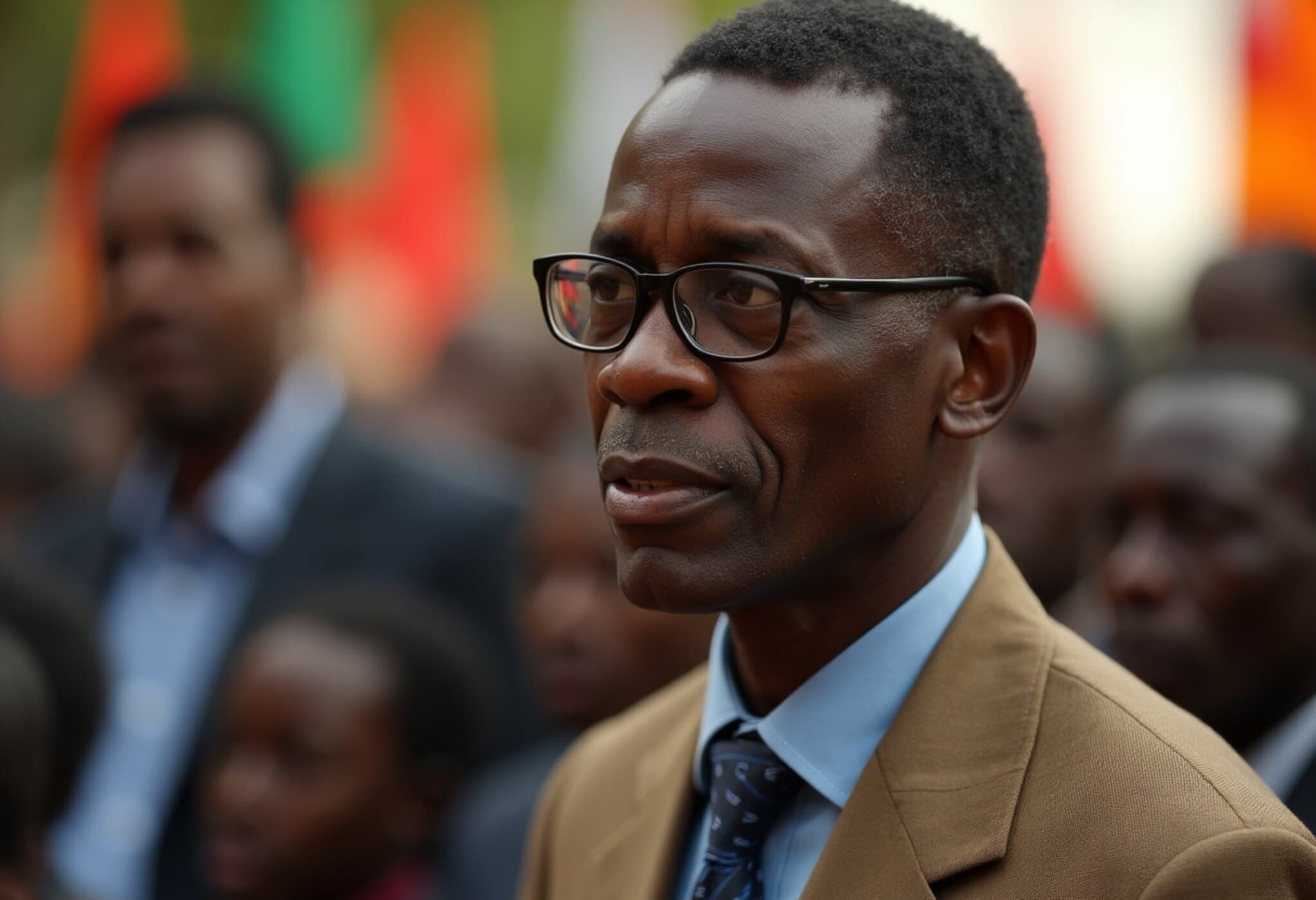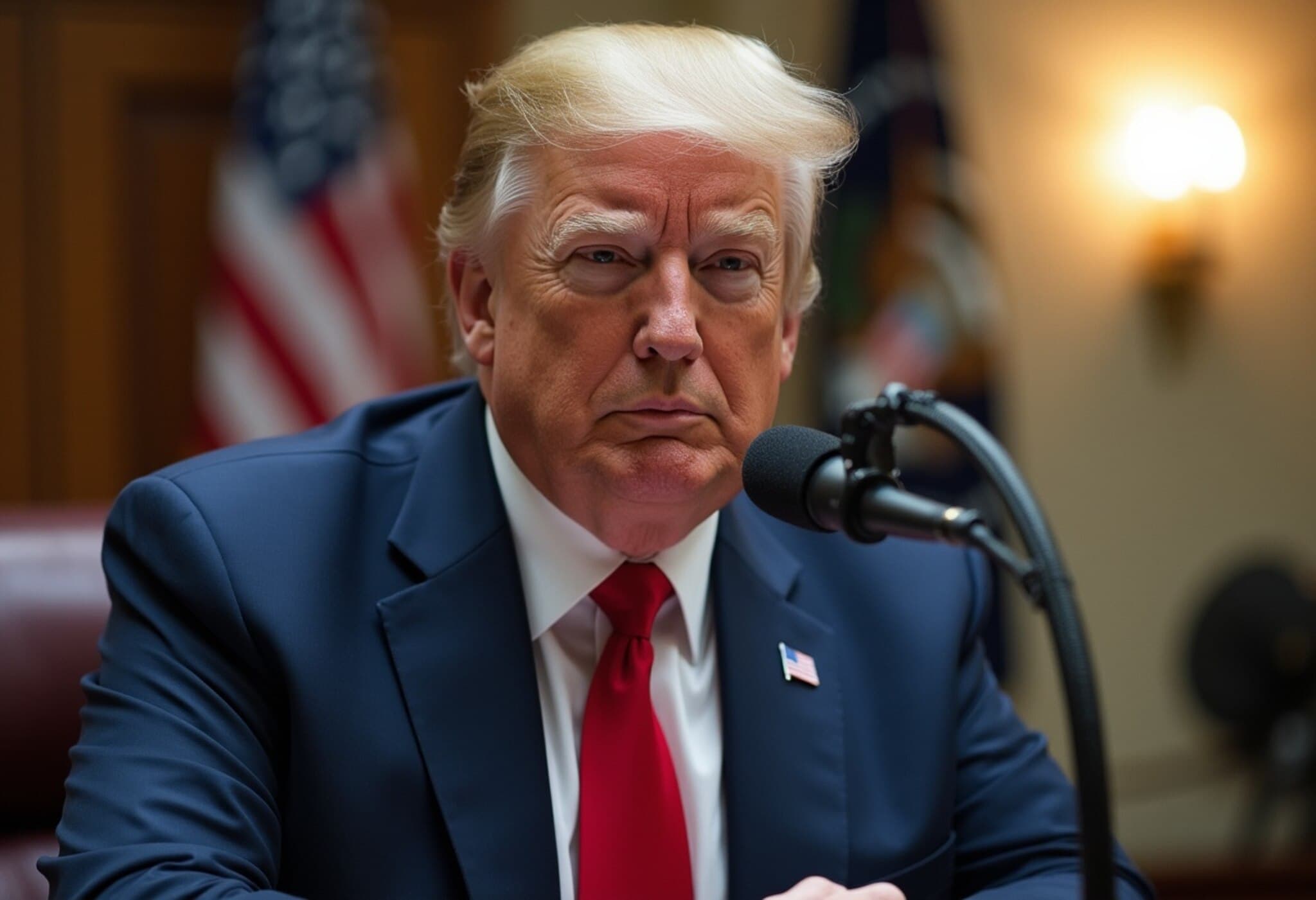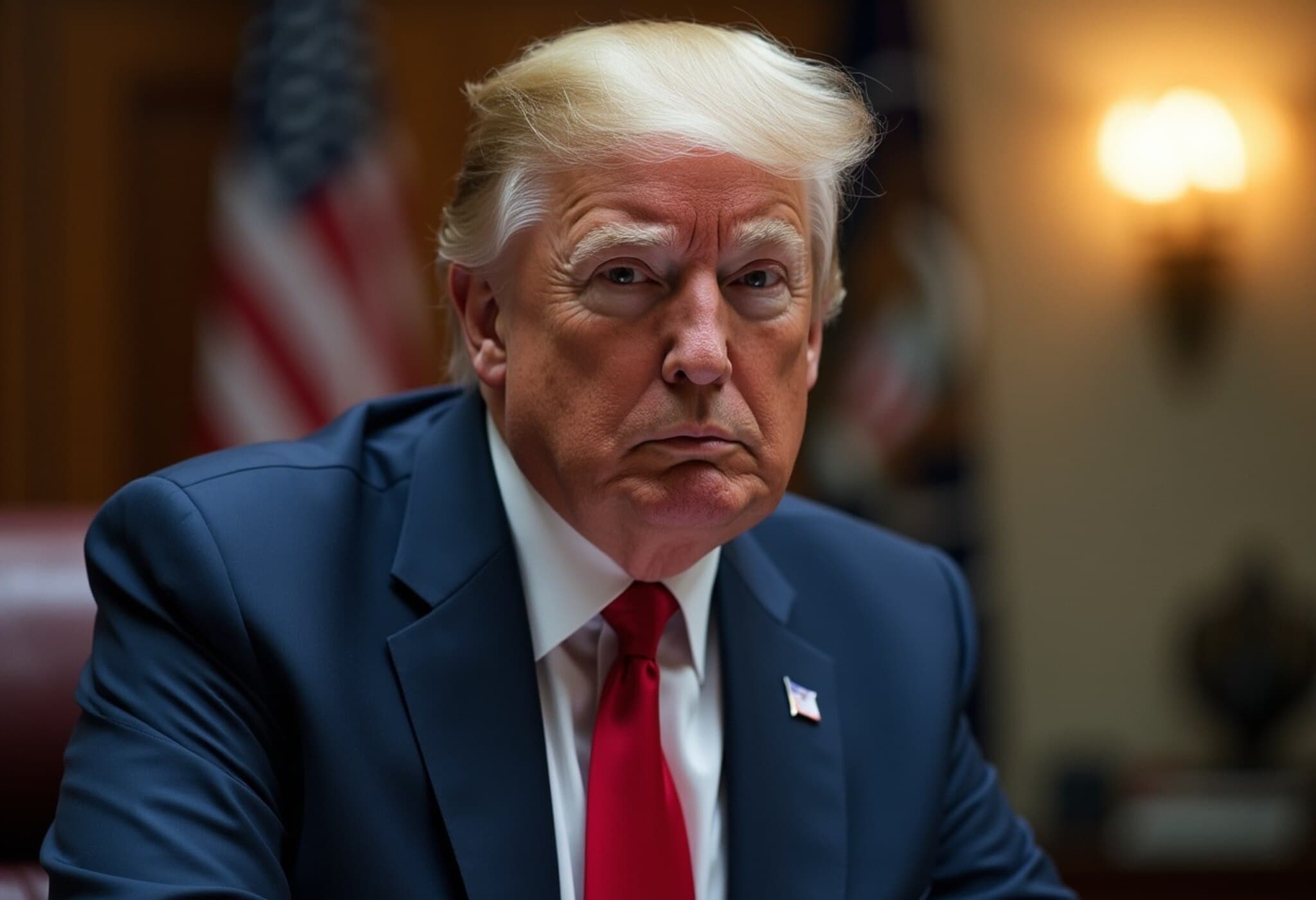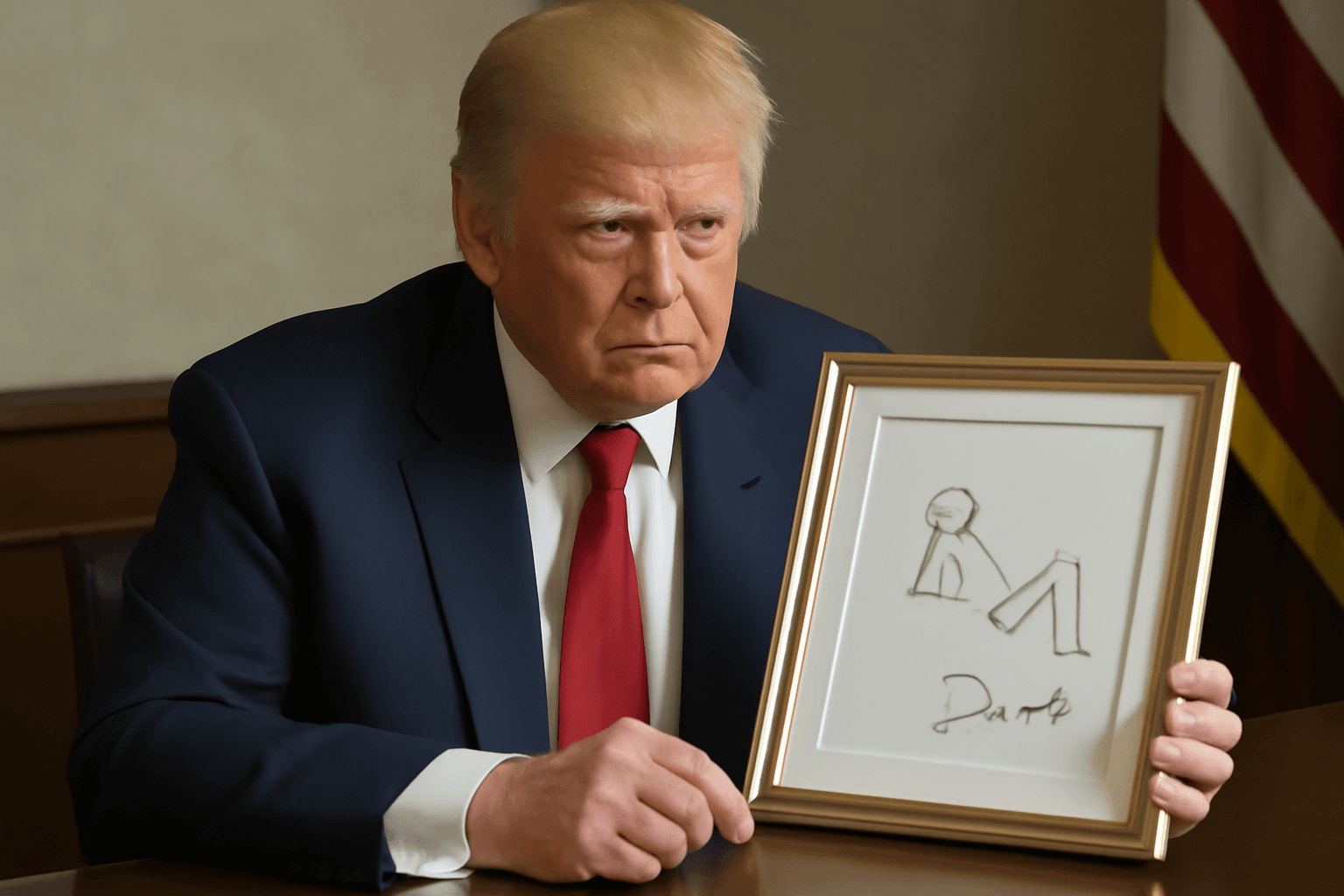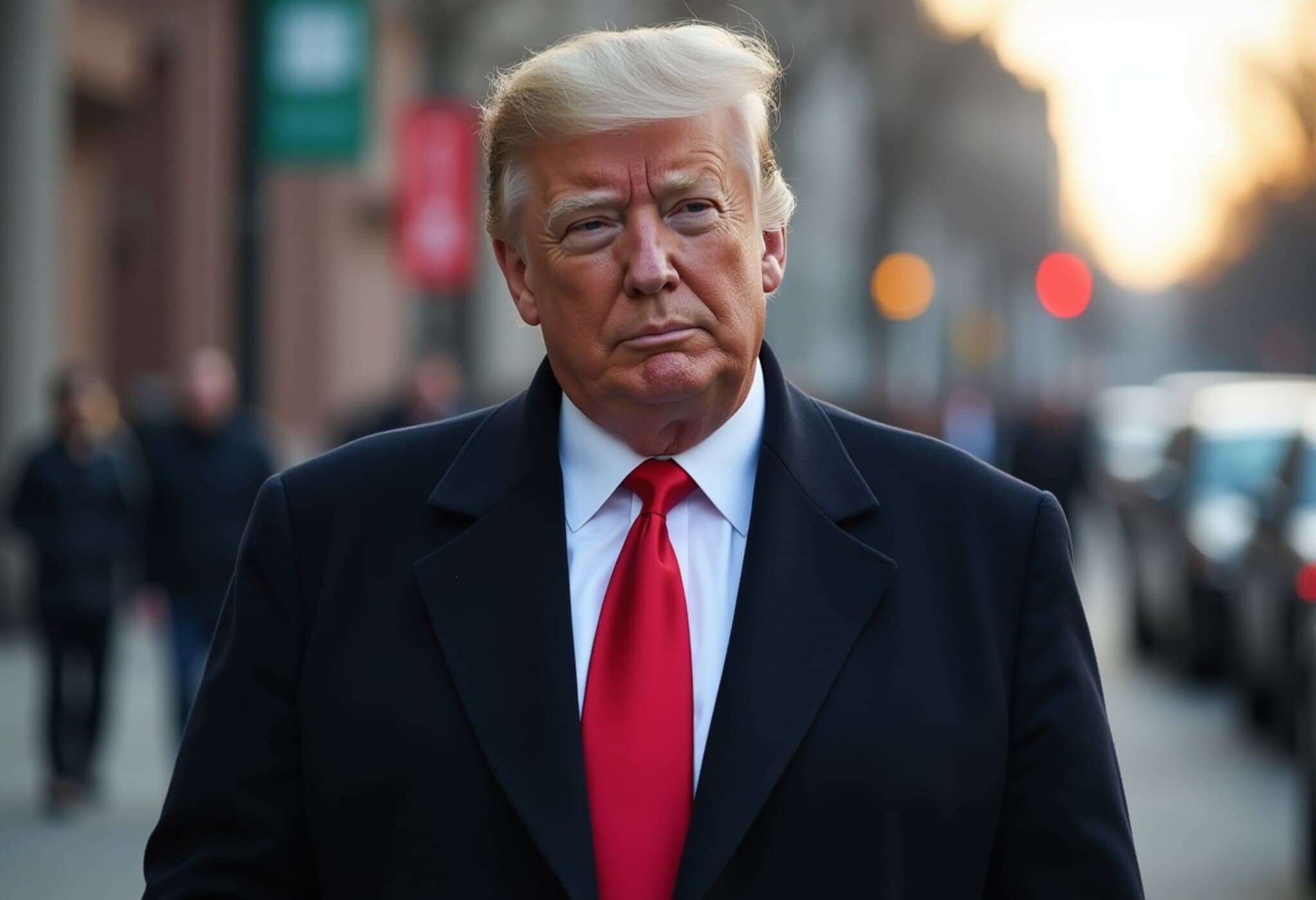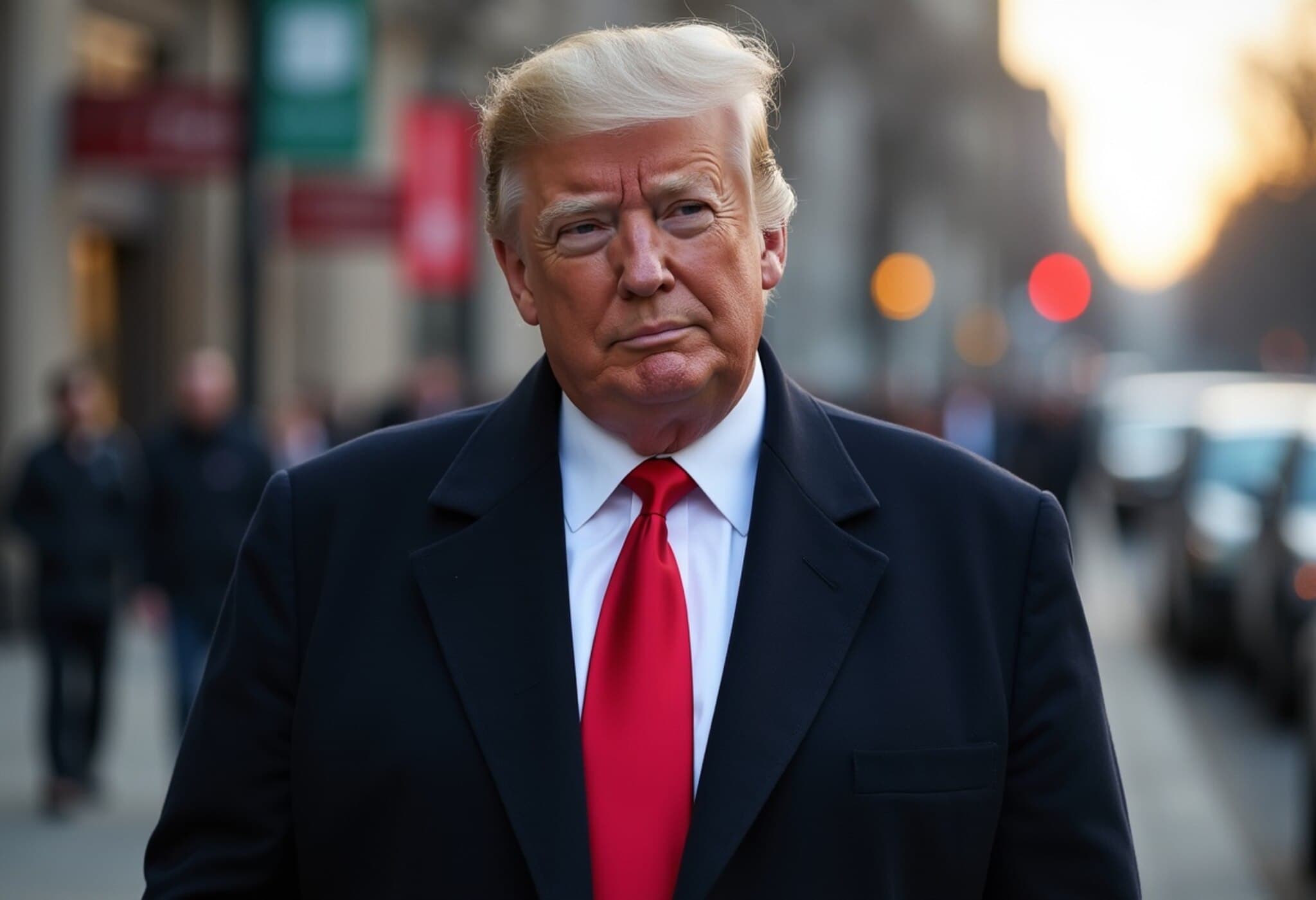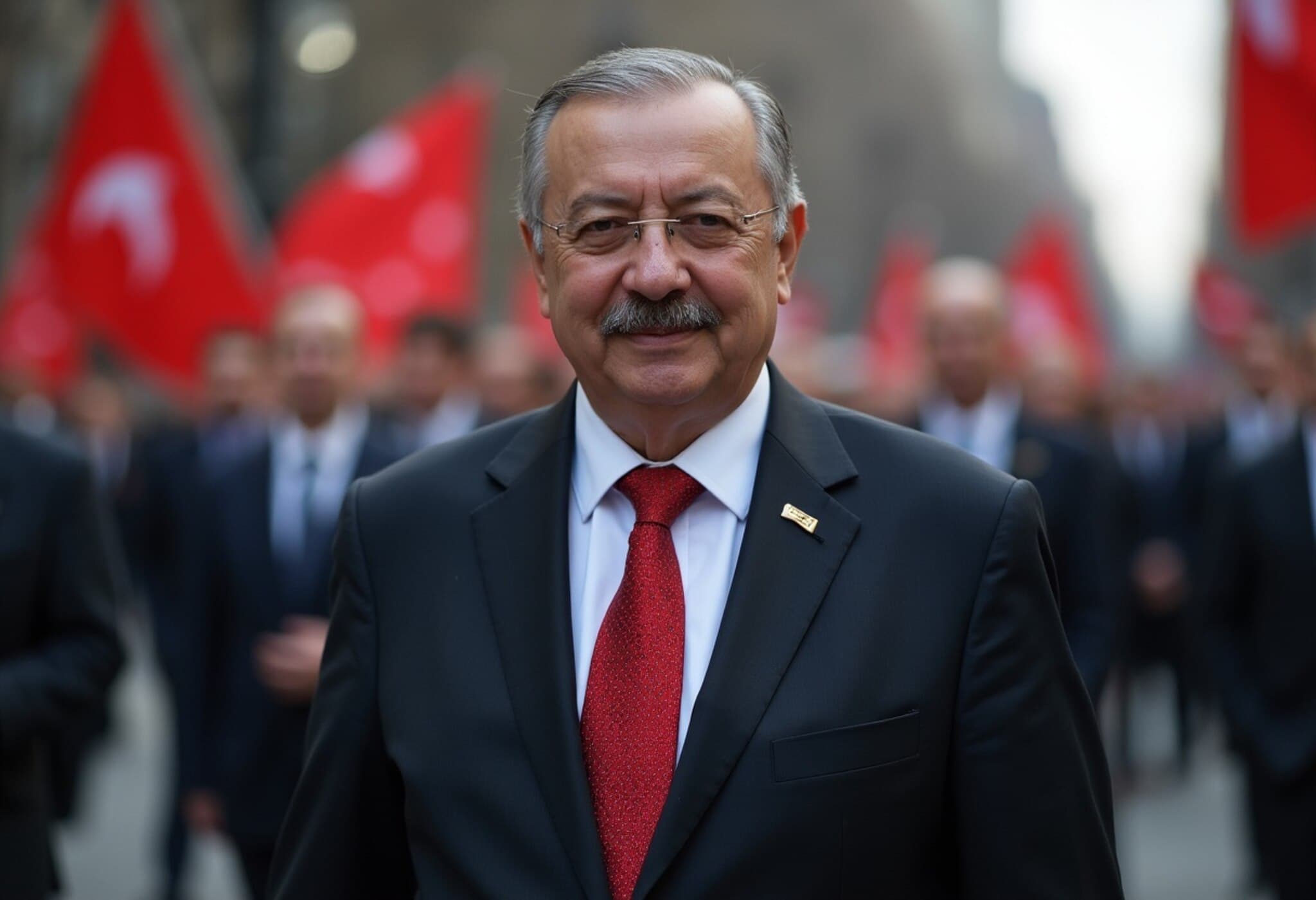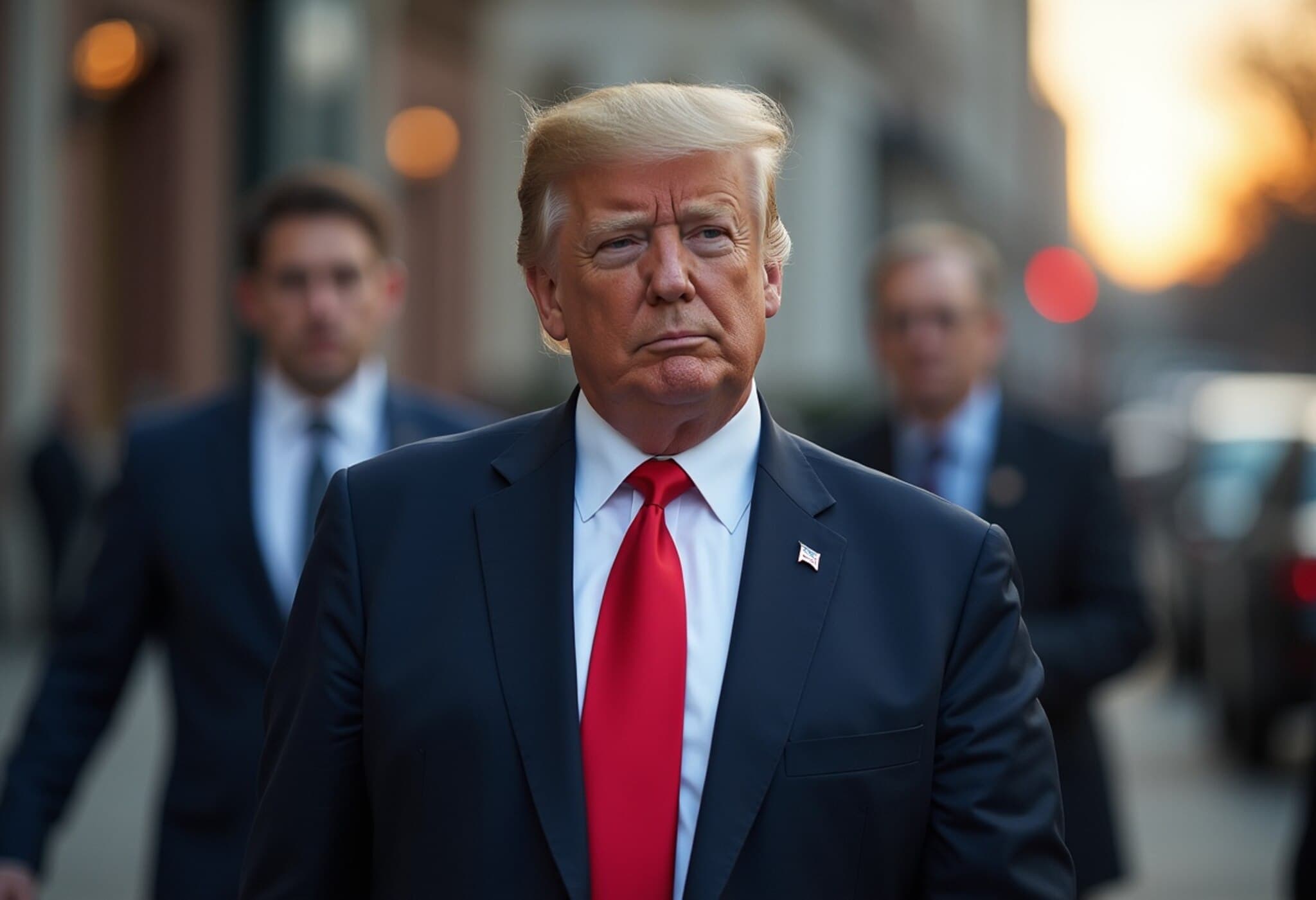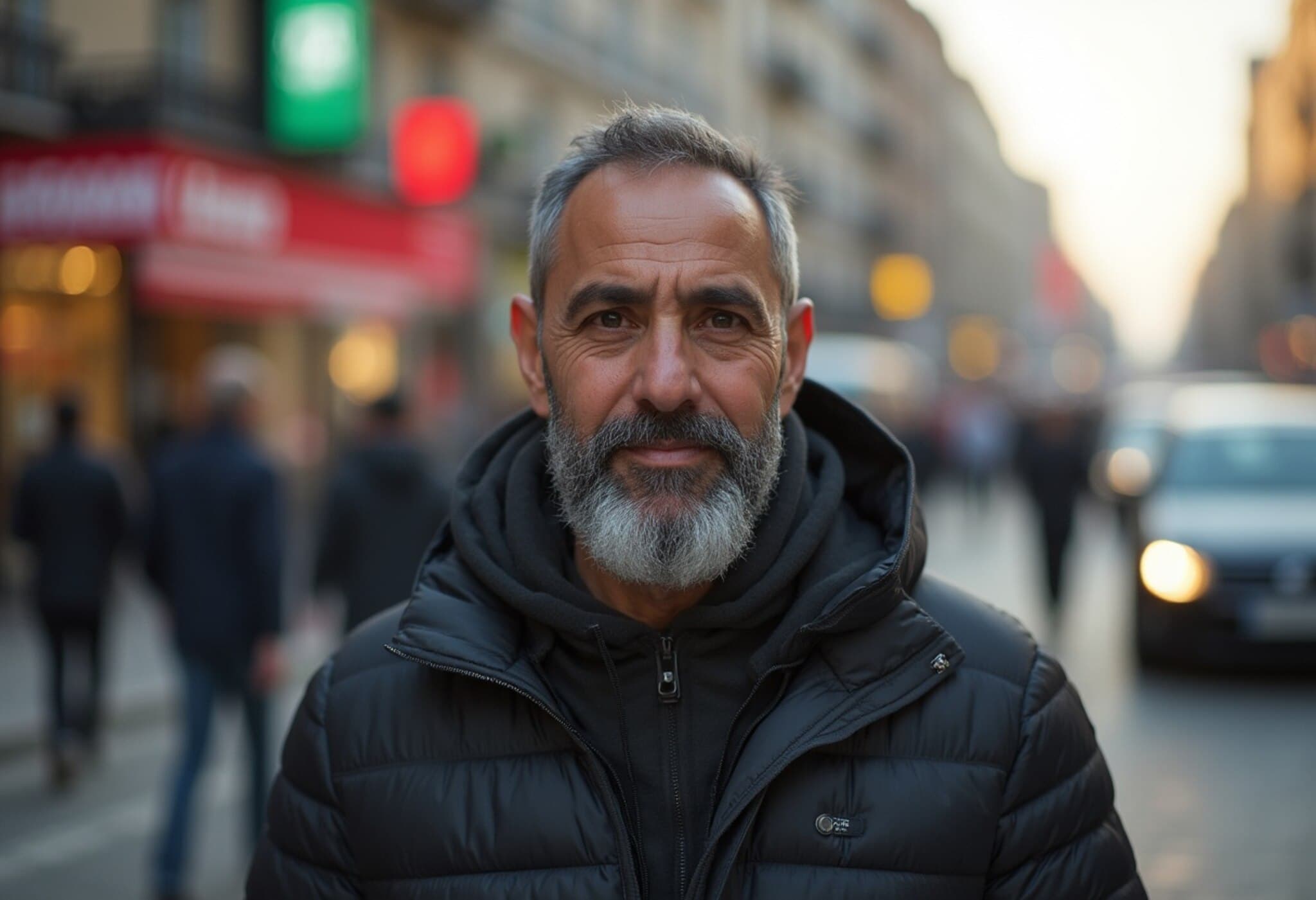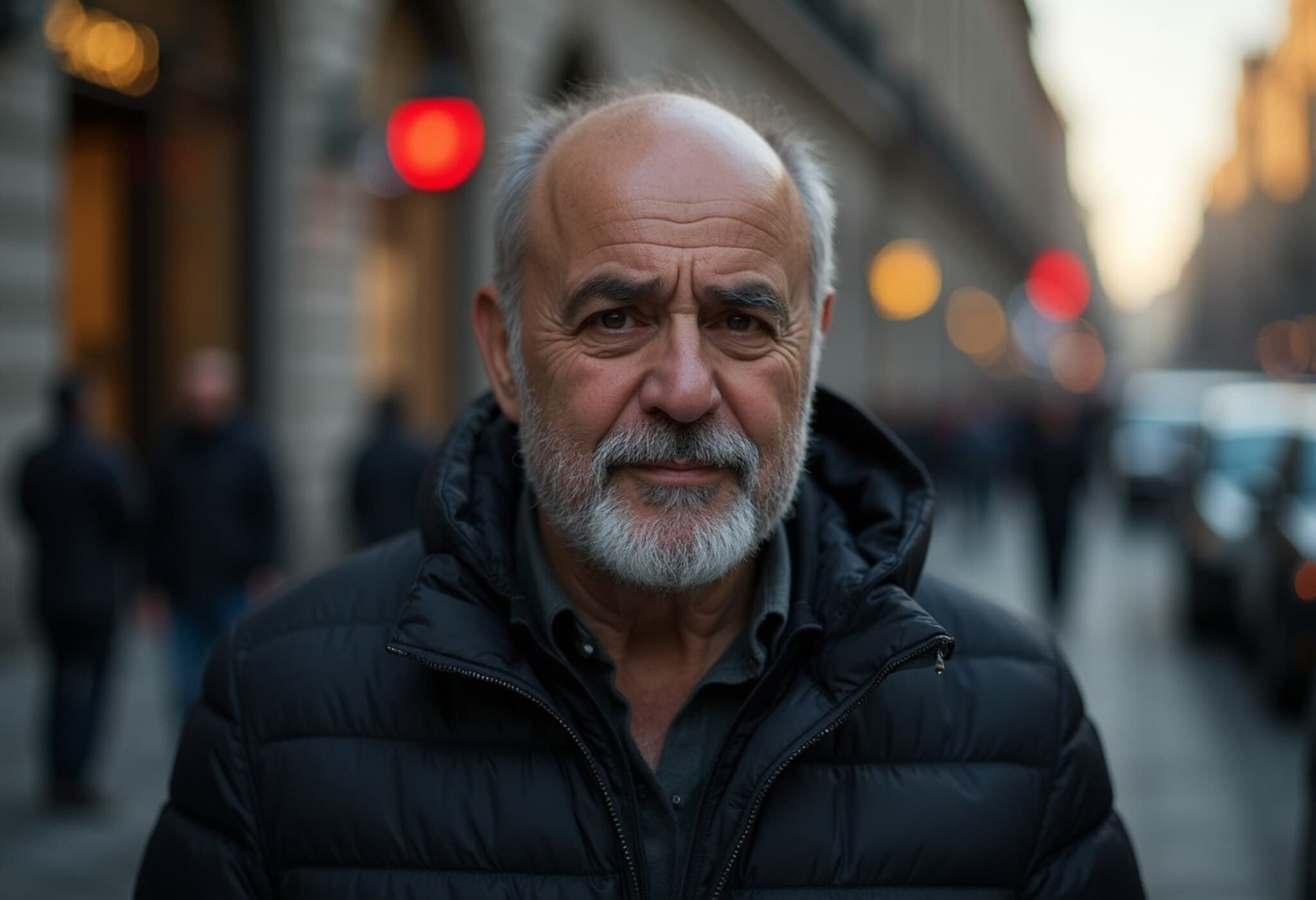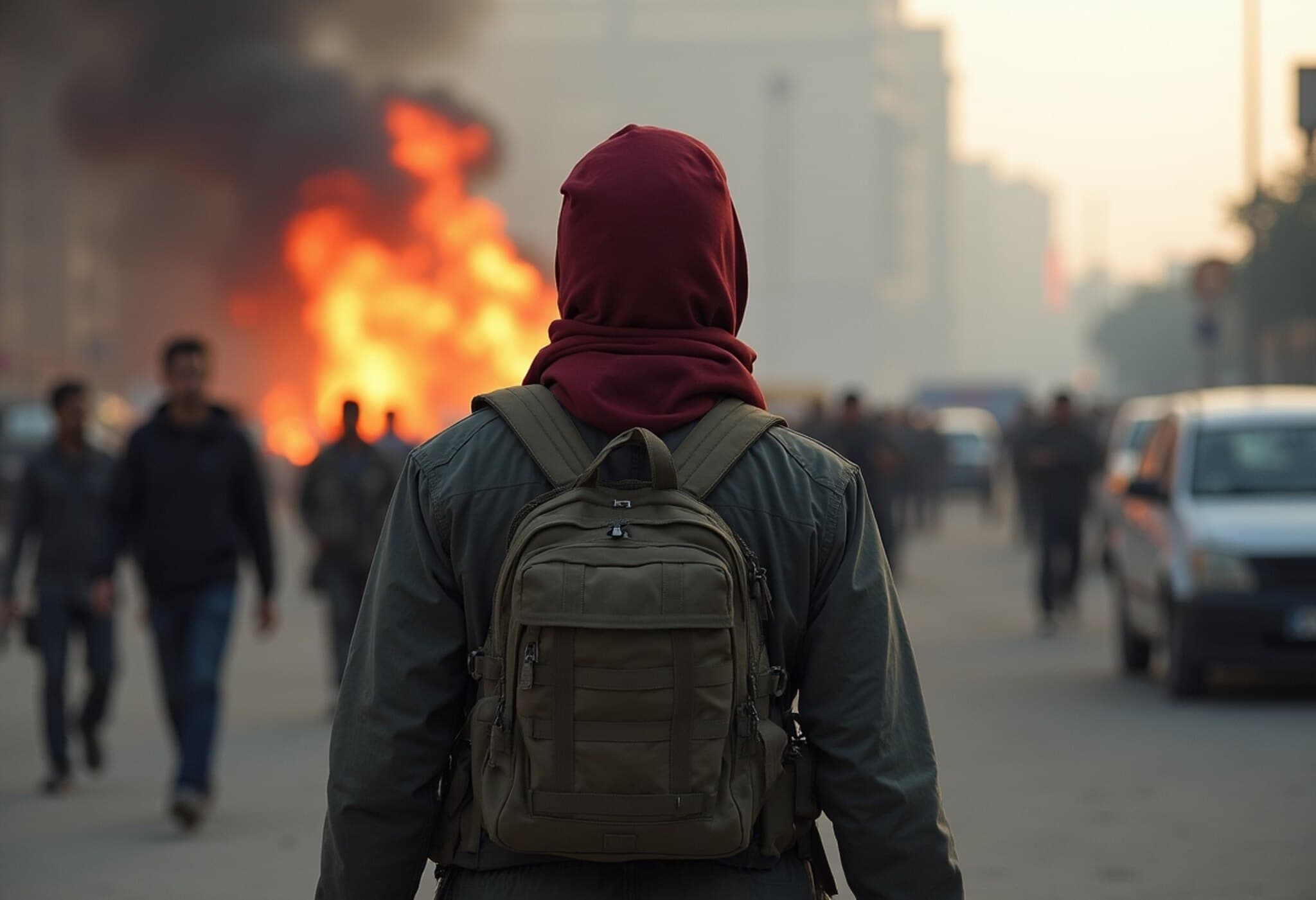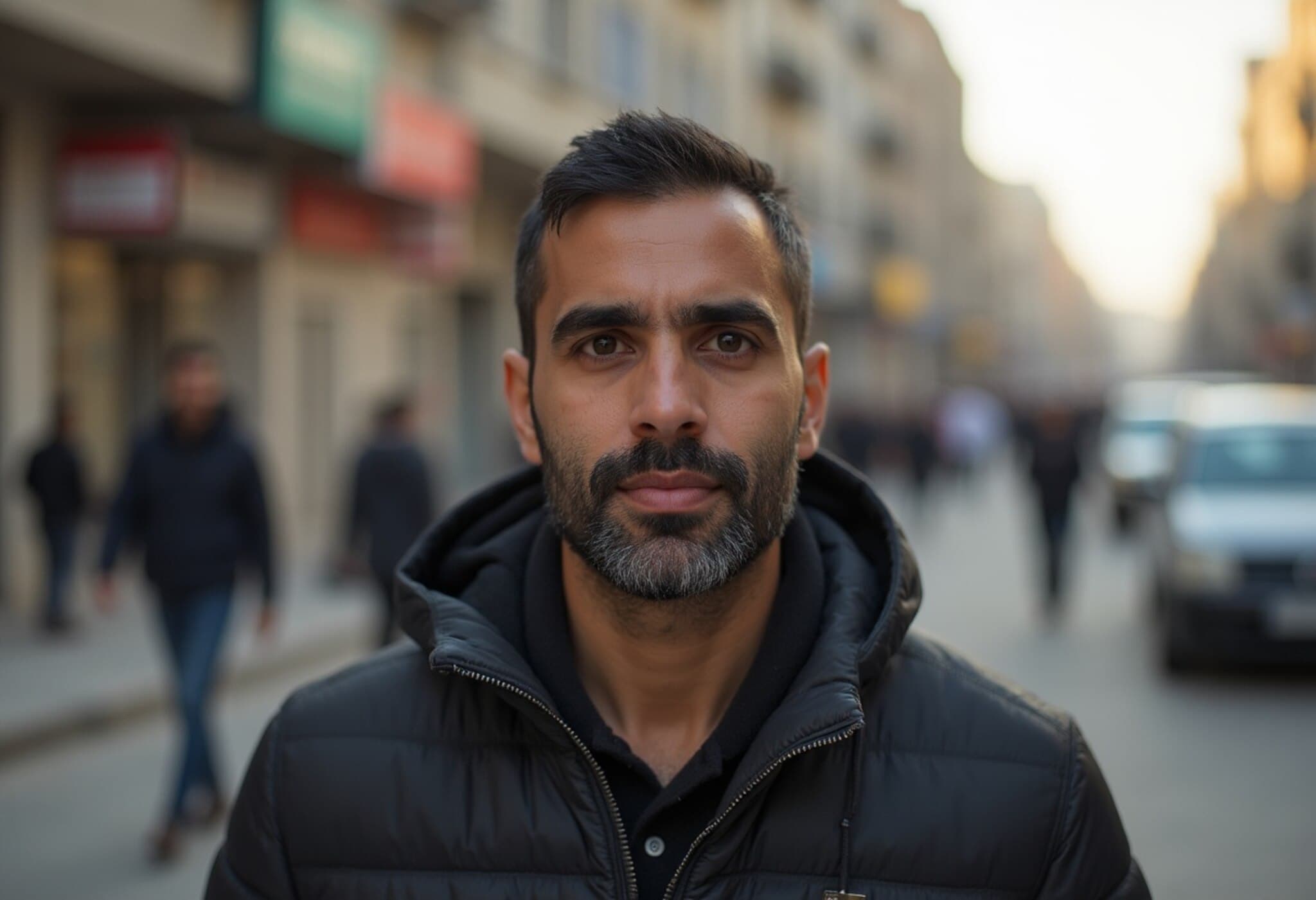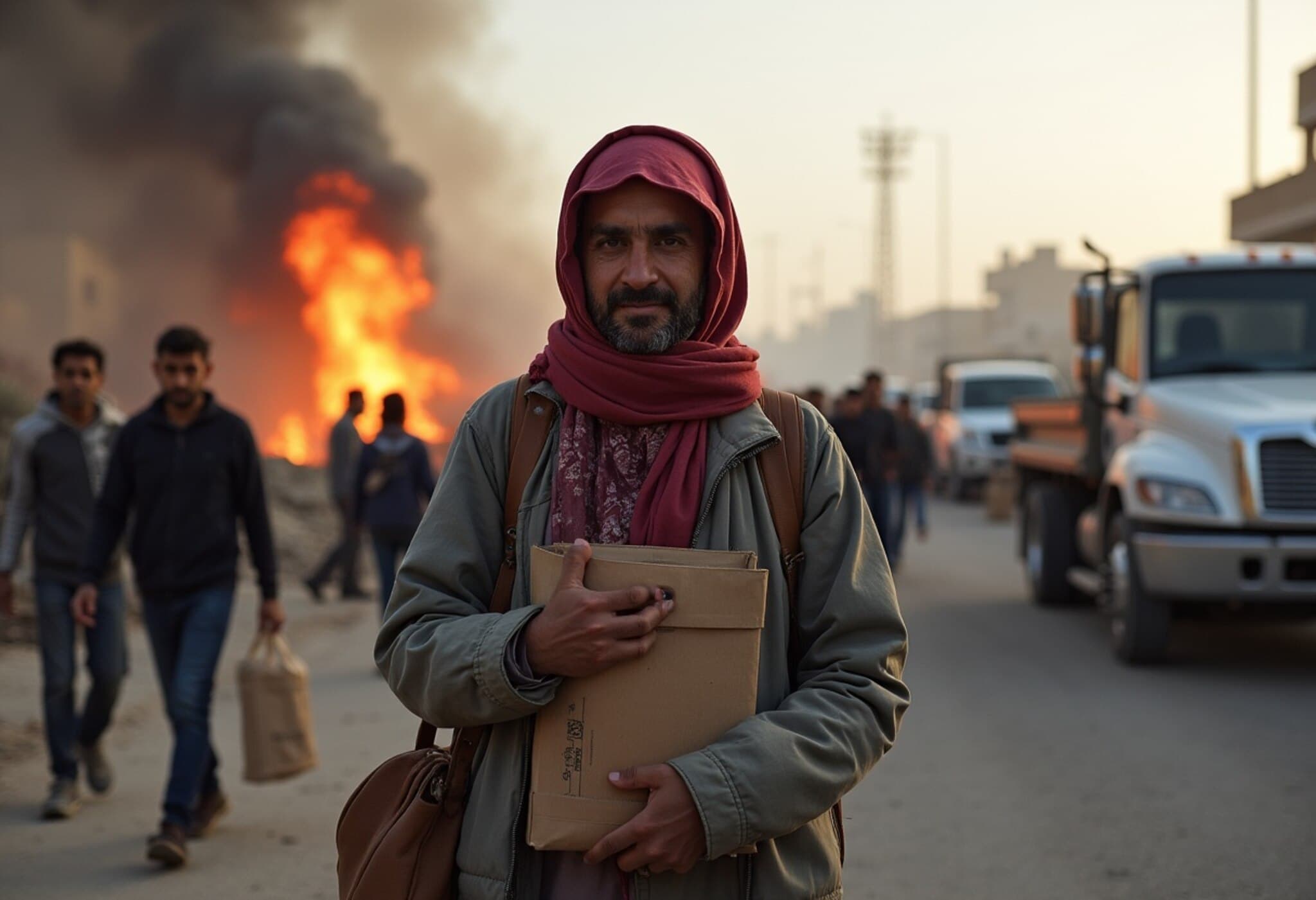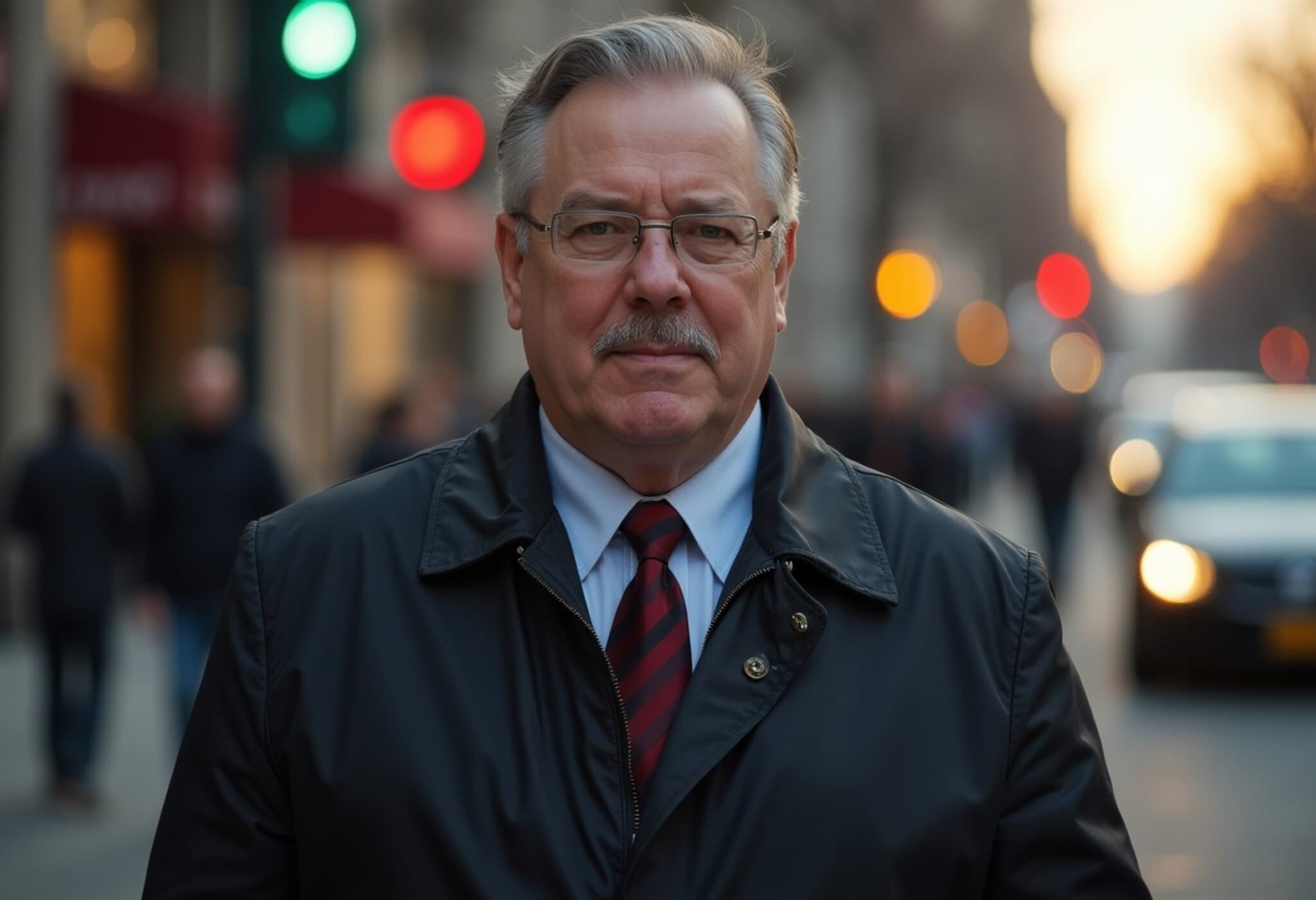Togo Halts French Broadcasters Amid Rising Political Tensions
Togo has taken the significant step of suspending two major French state-owned media outlets, Radio France Internationale (RFI) and France 24, for a period of three months. The suspension was announced by the country's media regulatory body, citing concerns over biased and inaccurate reporting.
Accusations of Impartiality and Fact-Checking Failures
The High Authority for Audiovisual Communication issued a statement highlighting repeated failures regarding impartiality, thoroughness, and fact verification by the French networks. It stated that recent broadcasts contained misleading information that threatened both the stability of Togo's republican institutions and the nation's international reputation.
"Freedom of the press does not grant license for disinformation or foreign interference," the statement emphasized, although it stopped short of detailing specific instances or content that prompted the suspension.
Political Context: President Gnassingbé's Controversial Constitutional Changes
This media crackdown unfolds at a time when President Faure Gnassingbé is under growing scrutiny, both domestically and internationally. Recent constitutional modifications have sparked widespread concern as they potentially allow the president to extend his tenure indefinitely.
Many critics label these changes a constitutional coup, noting the implications for democratic governance in a region already rife with political instability and threats to democratic norms.
Local Media and Public Response
Fabrice Petchez, chair of the Togolese Media Observatory, acknowledged understanding the government's position but expressed concern about the suspension. He urged for a swift resolution that would restore the broadcasters' operations in Togo, emphasizing the importance of dialogue between the authorities and affected media outlets.
Amid escalating tensions, particularly across social media platforms, protests are scheduled to take place next week. These demonstrations come in the wake of a recent protest clampdown, with such public displays being rare since a ban was imposed in 2022 following a fatal attack at Lomé’s central market.
Wider Regional Implications
The controversy in Togo echoes broader challenges faced by West Africa as multiple nations grapple with fragile democracies, periodic coups, and concerns over press freedoms. The suspension of international media outlets adds another layer of complexity to an already volatile political environment.
Looking Ahead
As Togo navigates through intensified political scrutiny and social unrest, the role of media—both local and foreign—remains under the spotlight. The coming weeks will be crucial in determining whether a constructive dialogue can address the underlying conflicts surrounding governance and free press in the country.

